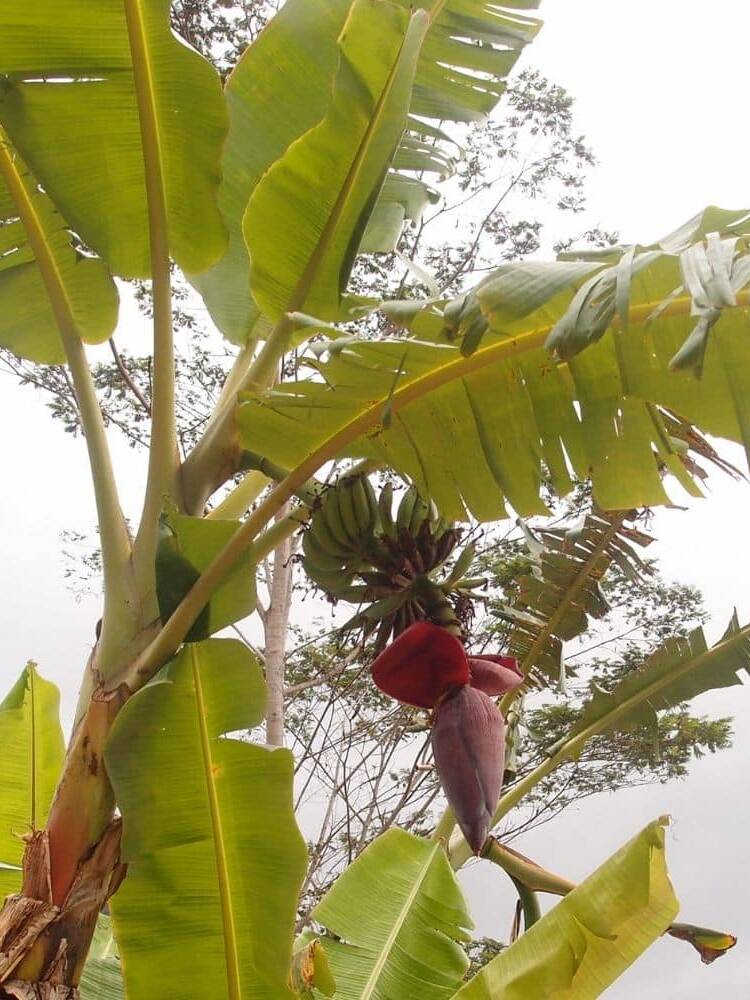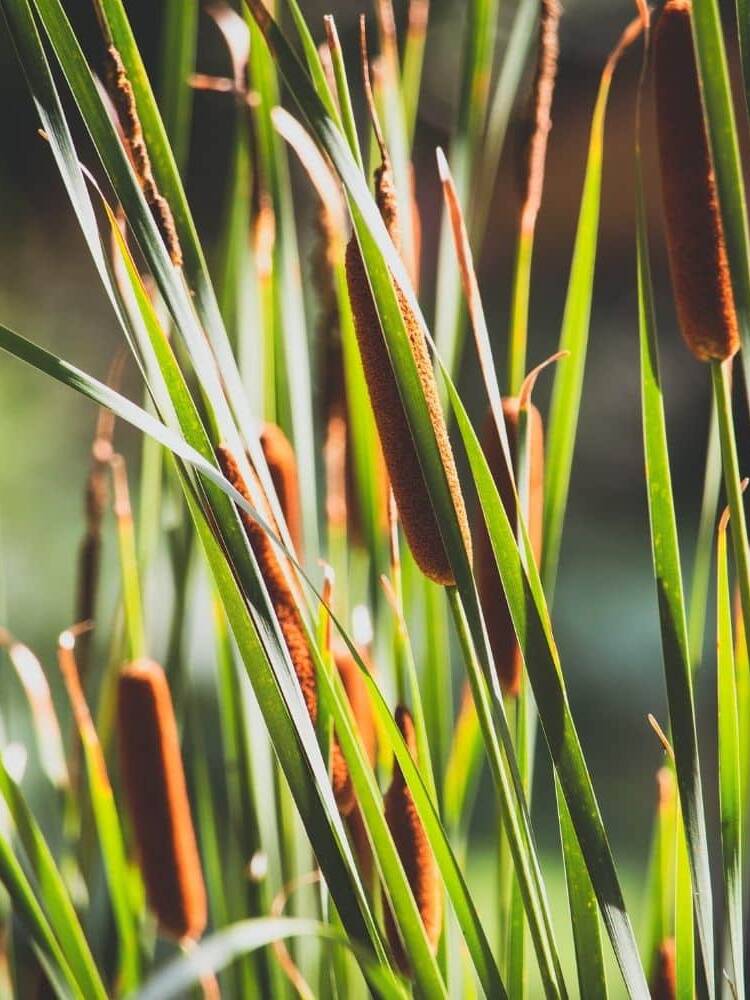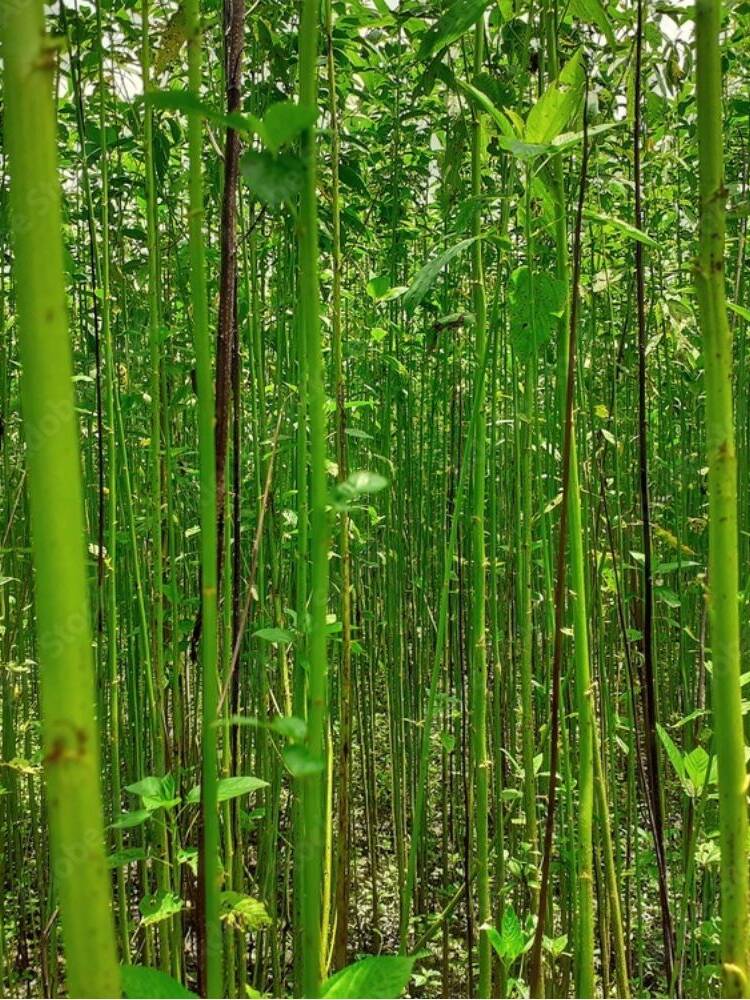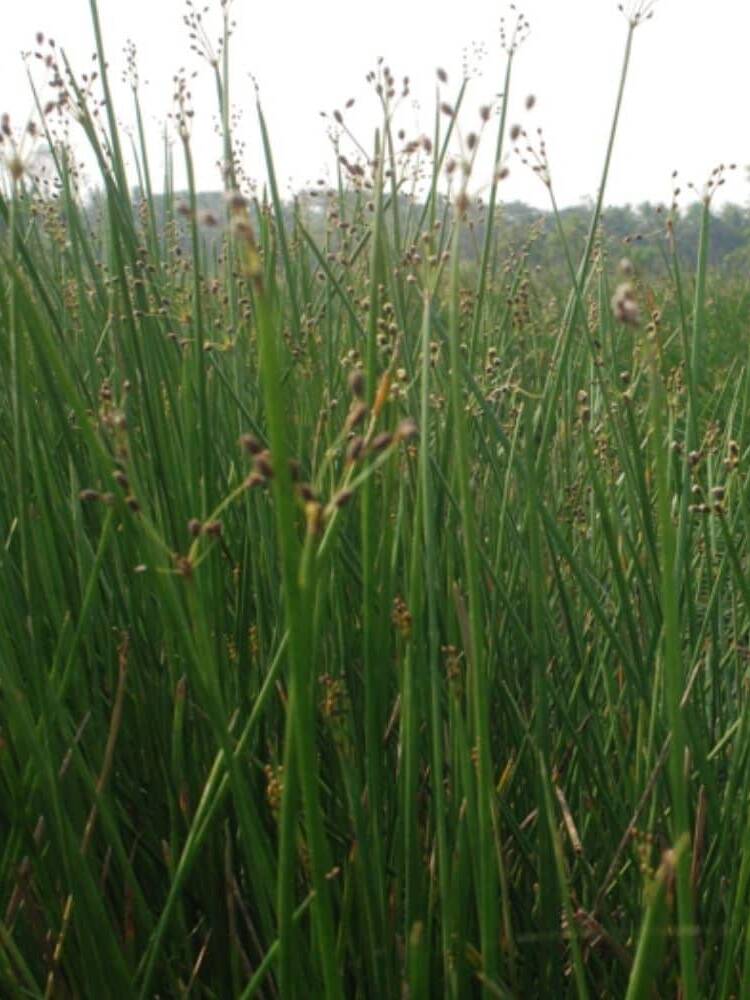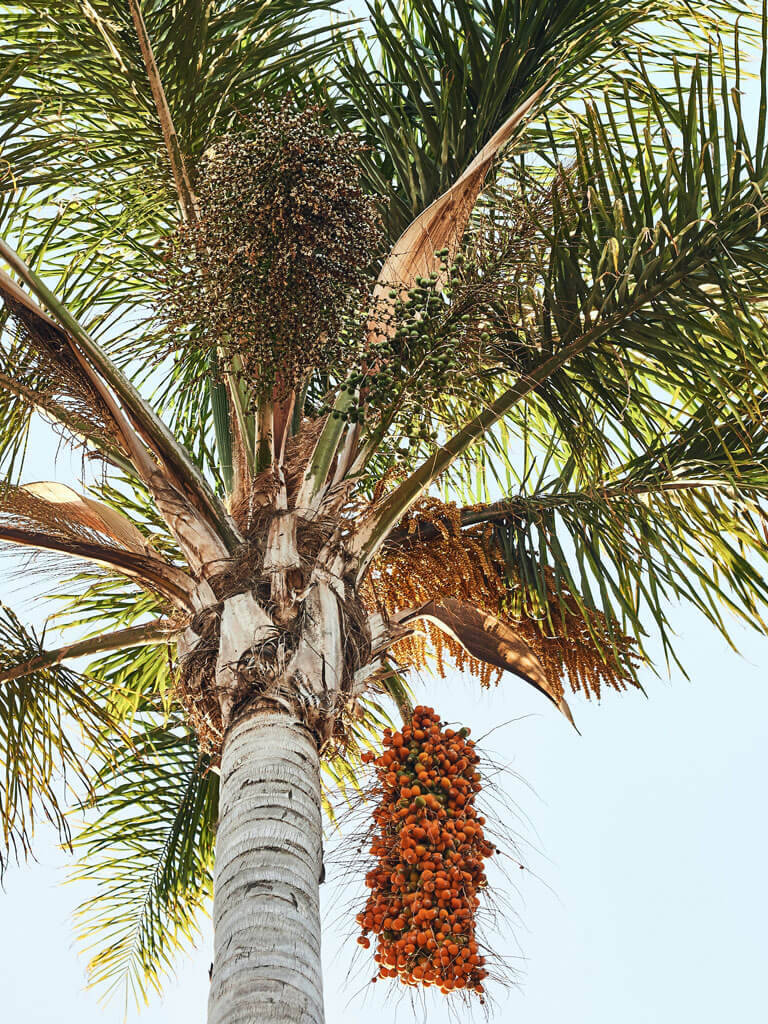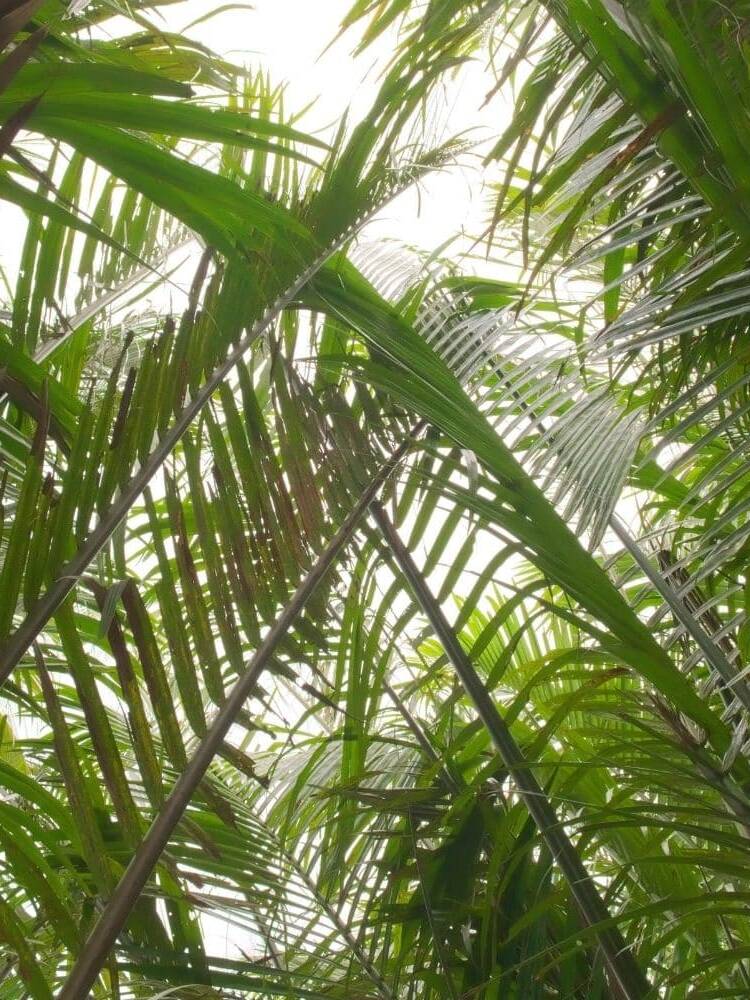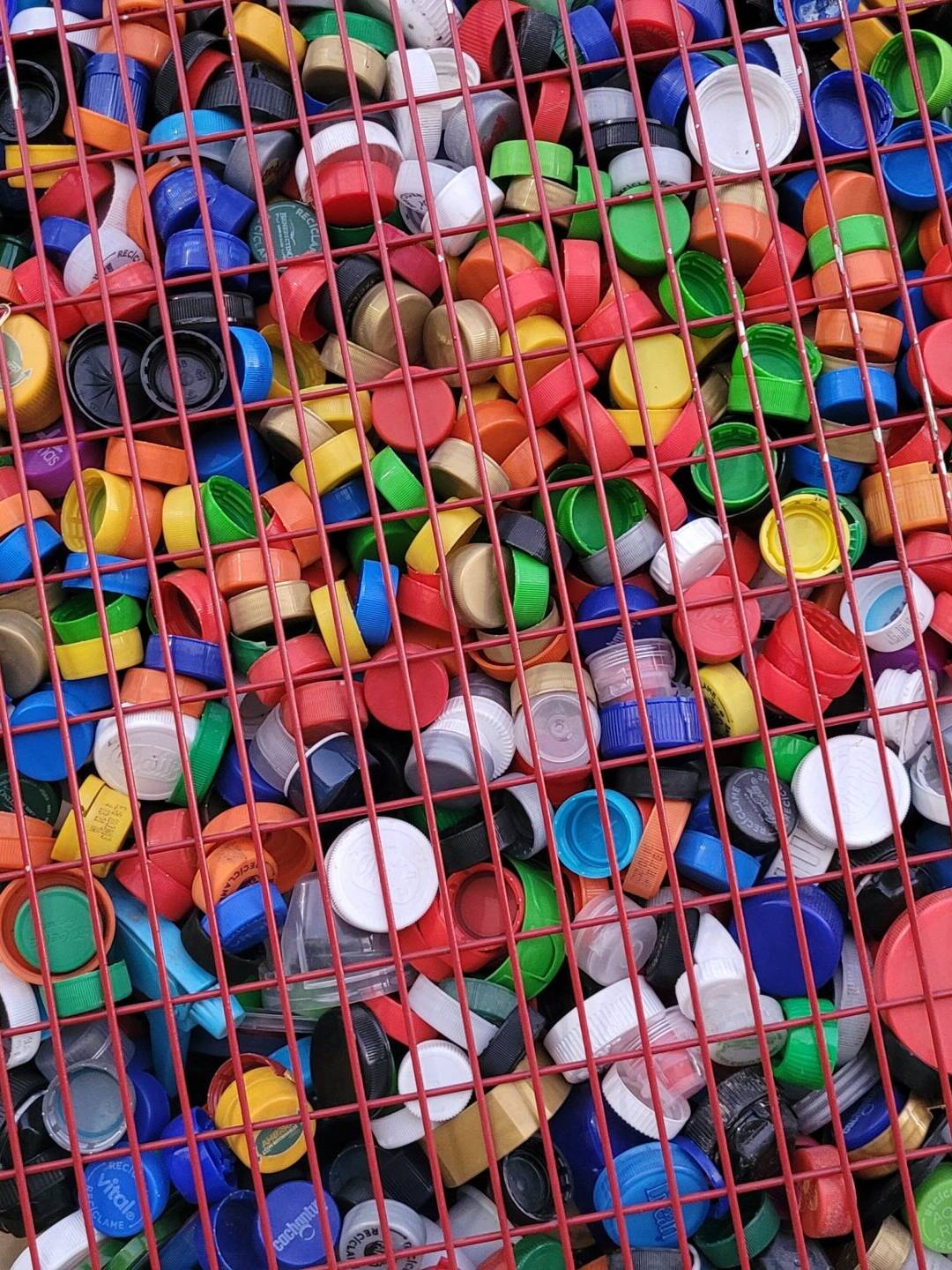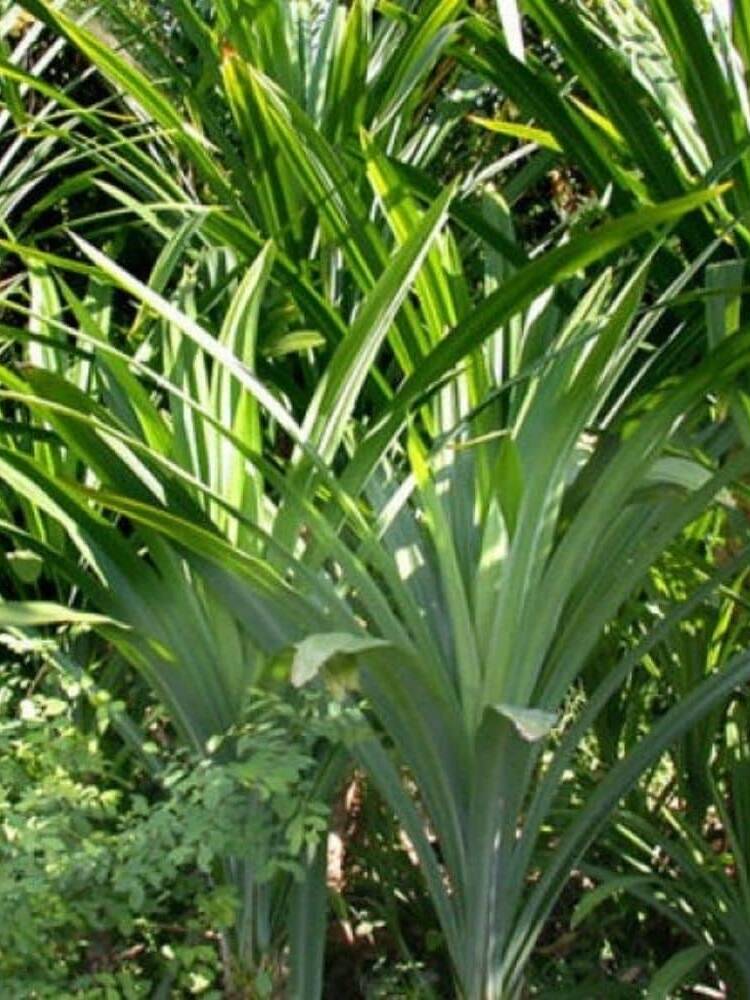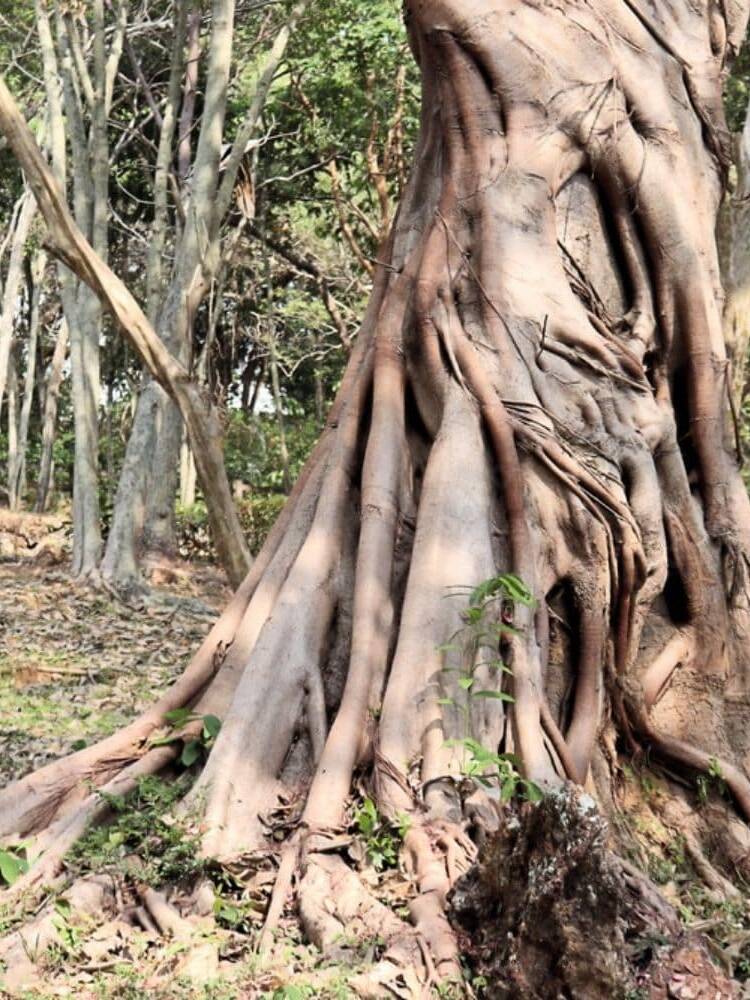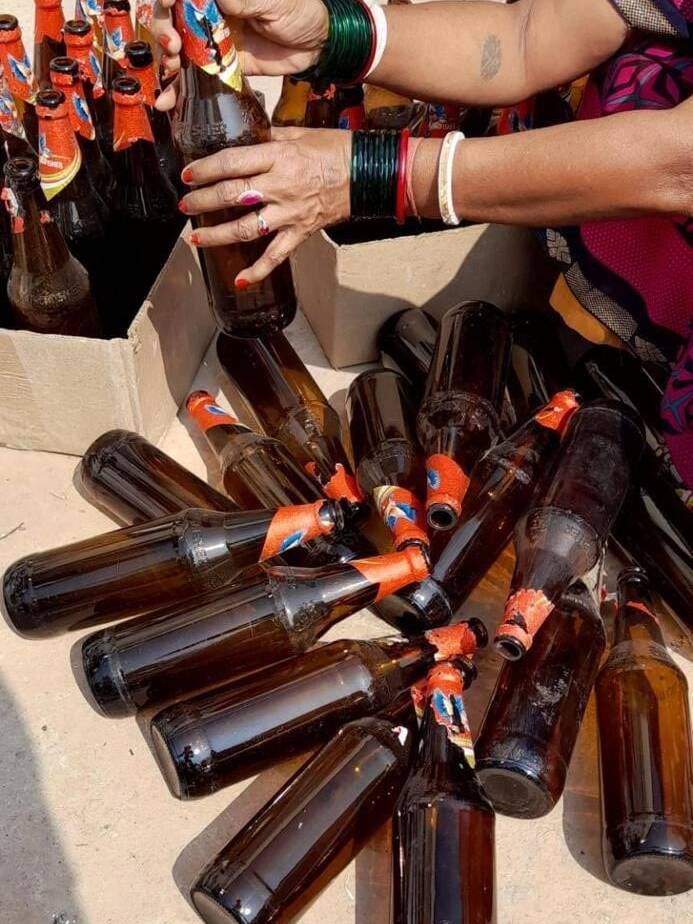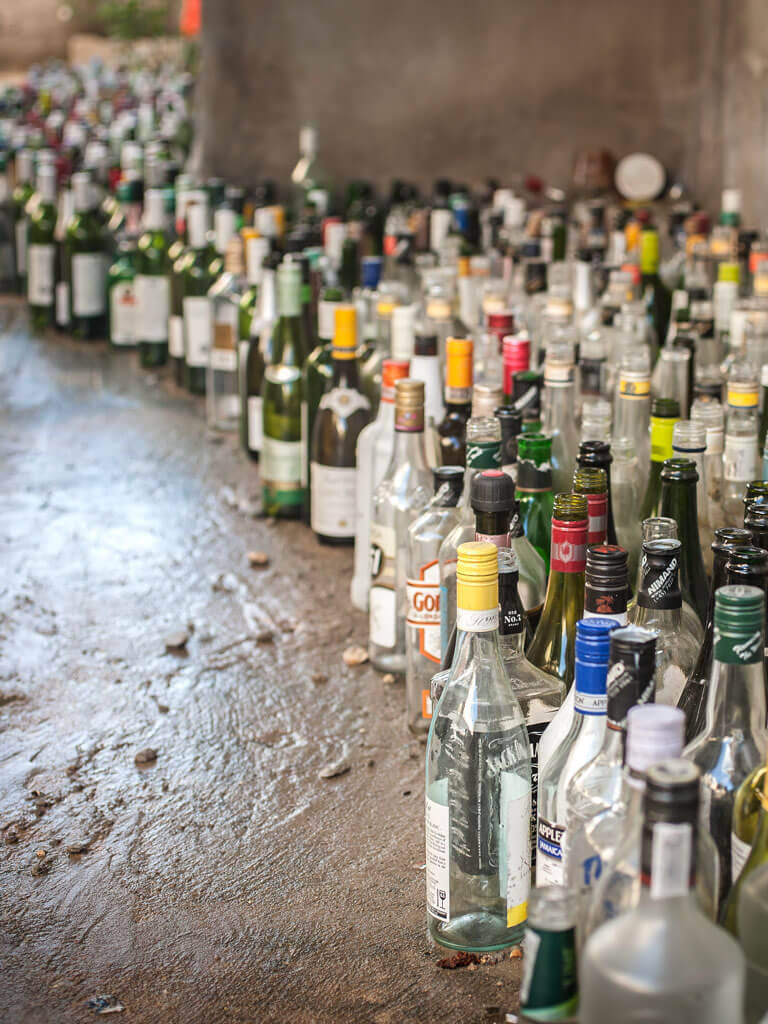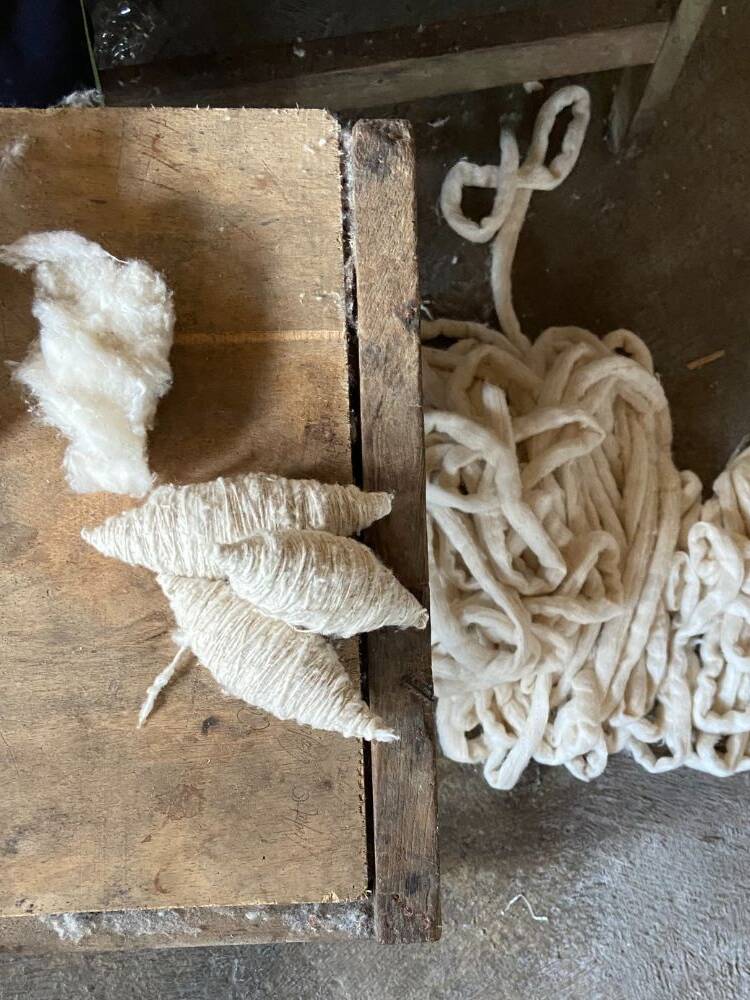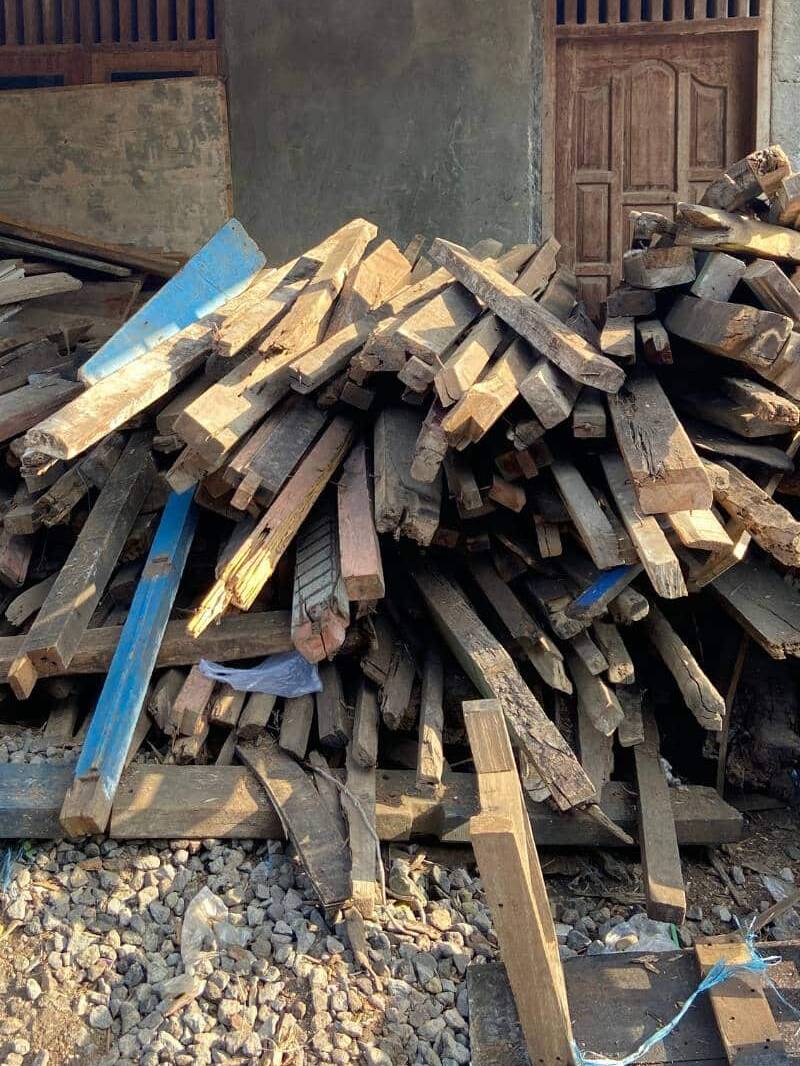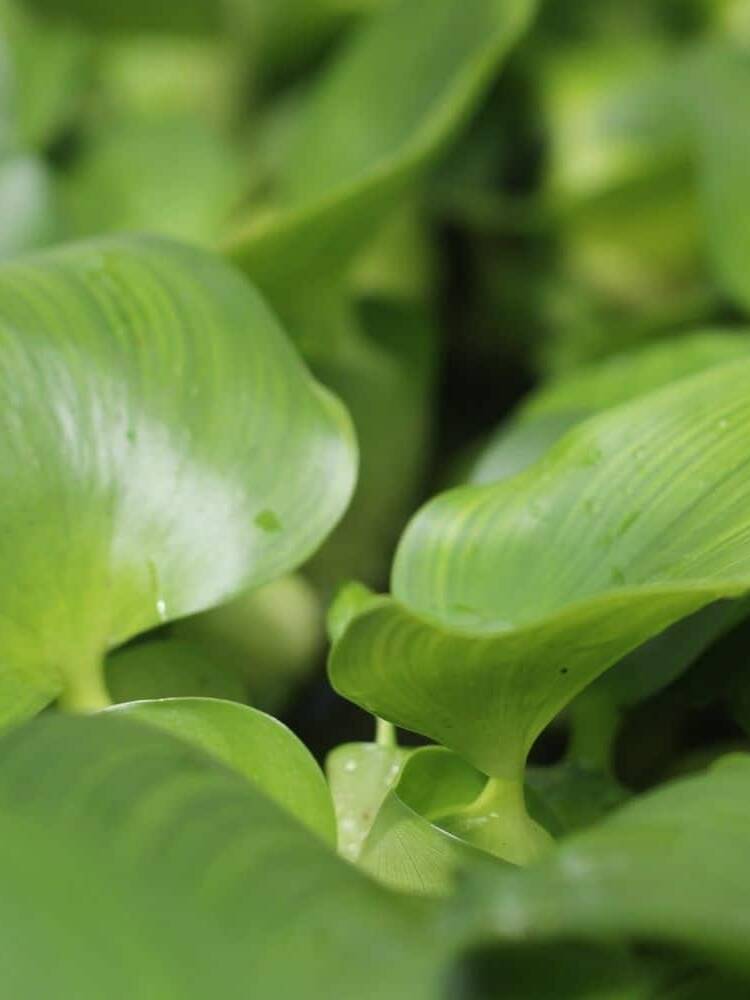Recycled Textile
Recycled textiles are used as raw material for recycled table linen, aprons and multipurpose cloths. The recycled textiles are cut-offs from the garment industry of Bangladesh as it is one of the largest garment producers. This industry produces tons of waste every year, causing huge problems for the environment. Reusing this waste to create new soft and strong yarn out of it, not only contributes to protecting biodiversity but also helps to protect people in the surrounding area of open landfills which are often not properly managed.
Sustainable & local sourcing
The production of our recycled textiles takes place in Bangladesh. The waste textiles are sourced from factories around Dhaka. The process to recycle the textiles into yarn takes place in the middle of Bangladesh and the handloom workshop is located in northern Bangladesh. Sourcing takes place in an area of 450 km. Using recycled textile yarn is a sustainable way of reducing waste and protecting the environment. This textile waste would otherwise end up in open landfills causing problems for biodiversity and health issues for the surrounding communities.
Environmentally friendly production
The textile cut-offs are collected from selected garment manufacturers in Bangladesh. Once collected, the textile waste is sorted by colour, pulverized and machine spun into yarn without additional usage of water, chemicals or dyes. The waste cotton fiber is often blended with another fiber to ensure sufficient quality. The second fiber is another fiber, such as recycled polyester or recycled viscose, which means that this textile is not made from 100% natural cotton. This process is an environmentally friendly alternative to producing new yarn.
Once the waste textile has been recycled into yarn, it is handwoven on a traditional handloom in a small workshop in the northern part of Bangladesh. Skillful weavers and sewers turn discarded textiles into durable home textiles. The weaving and finishing processes are executed by hand without any electricity which limits the impact on the environment.
Saving resources
Compared to non-recycled yarn, 1 kilogram of recycled yarn saves:
- 7 kilograms of CO2
- 5889 liters of water
- 6 m2 of land
- 6 MJ of energy
Creating job opportunities
From harvesting until the end product, the entire process is executed by hand and/or with the support of simple traditional tools. Multiple people have to be involved, which means more jobs and income for the rural communities.
Other Materials & Production
Nature is at the origin of the originalhome collection. To minimize a negative impact on our eco-system we solely use natural, organic, biodegradable, non-toxic and eco-friendly materials and/or materials that would otherwise be considered as waste. The products have been sourced and produced with the lowest environmental impact possible.
